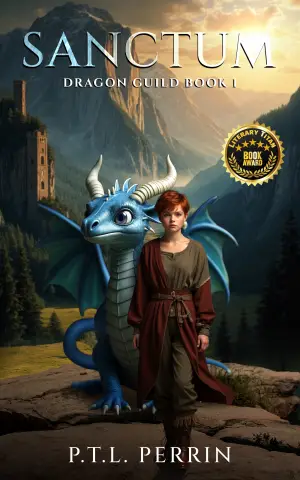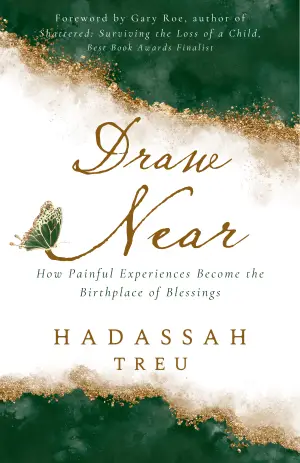A Journey Through Time: Reflecting on Tidewater: A Novel
When I first stumbled upon Tidewater: A Novel by Libbie Hawker, the promise of an intricate tale set during the turbulent dawn of America held a certain allure. As a lover of both history and compelling storytelling, I was drawn to this portrayal of Pocahontas and John Smith against the backdrop of the Jamestown Colony in 1607. It felt like a chance to delve into a narrative laced with both conflict and connection, where the past could breathe life into modern understanding.
From the very first pages, Hawker skillfully weaves a fabric of relationships that are steeped in complexity and nuance. The book unfolds as a clash of cultures—between the Powhatan tribe’s fierce resistance to colonial encroachment and the settlers’ desperate ambition to survive on foreign soil. At the heart of this struggle is the unlikely bond between Pocahontas and John Smith. Their friendship serves as a fragile bridge over the chasm of suspicion, ambition, and survival instincts. The juxtaposition of their differing desires keeps readers entranced and empathizing with both sides of the conflict.
Hawker’s writing is vibrant and evocative, allowing readers to immerse themselves in the lush landscapes of Virginia while feeling the weight of its historical significance. The descriptive passages made me feel as if I were wandering through the dense woods alongside Pocahontas, grasping her longing for freedom amid her community’s desperation. The careful pacing helps maintain tension, even when the narrative slows, allowing the emotional gravity of characters’ choices to resonate deeply.
One reviewer remarked on the emotional depth, highlighting a poignant moment: "I felt like I knew them," expressing the deep connection fostered by Hawker’s writing. This sentiment echoed in my own experience; I found myself rooting for Pocahontas at every turn, feeling her struggles between self and sacrifice for her people. The author does not shy away from the complex emotions that accompany these choices, crafting characters that are rich, flawed, and achingly human.
Perhaps what struck me most was Hawker’s ability to balance the historical with the personal. As I turned the pages, I was left with a haunting mix of admiration and sorrow. The stakes are constantly high, and the inevitable tragedy of the tale weighs heavily as Pocahontas faces her crossroads. The weight of loss is palpable, and the historical context gives it even deeper resonance.
If you’re a reader who delights in nuanced historical fiction, Tidewater is a must-read. It invites reflection not only on Pocahontas as a symbol of resilience but also on the broader narratives of colonization and cultural clash that continue to shape our world. This novel is a testament to the transformative power of storytelling—a reminder that our history, while painful, is richly textured and deeply felt. I came away from this read with a renewed appreciation for the complexities of our shared past and a desire to learn more about the lives interwoven with that history.
For anyone intrigued by deep cultural narratives, Tidewater will undoubtedly leave you with a lingering sense of connection and a thirst for more.
You can find Tidewater: A Novel here >>






